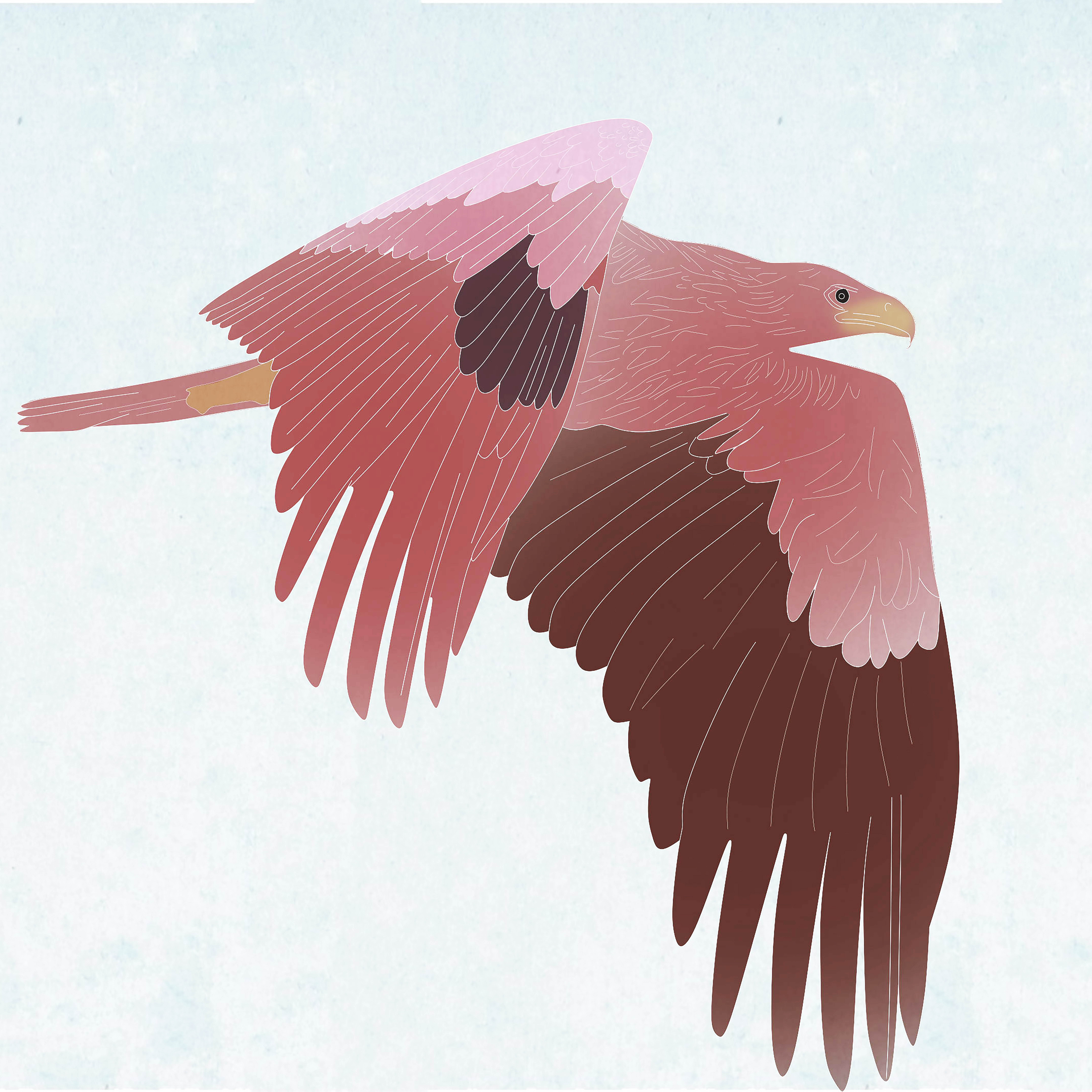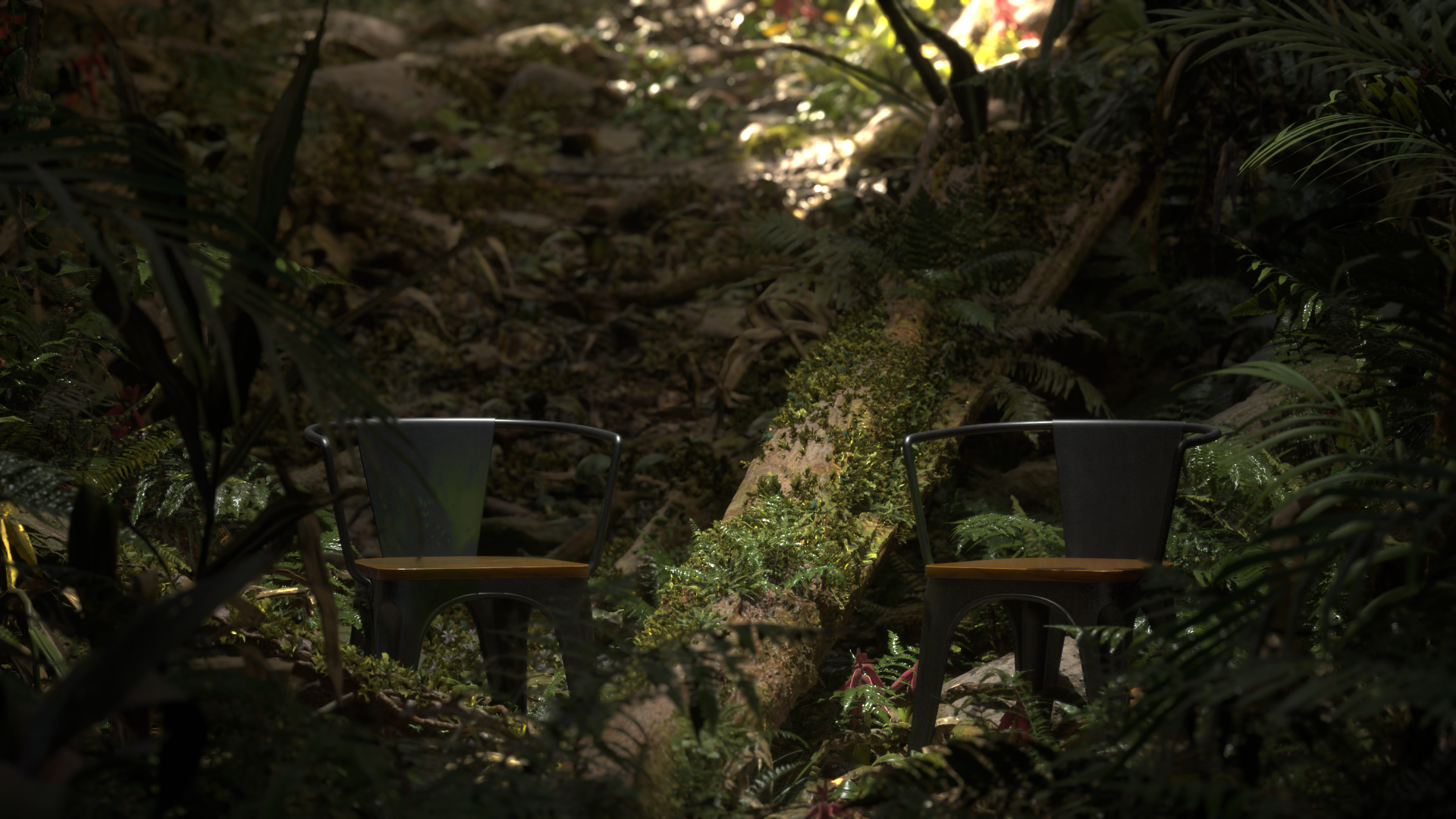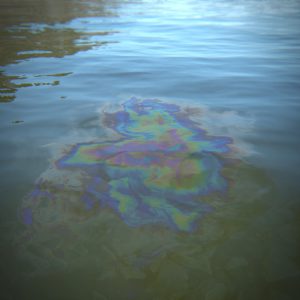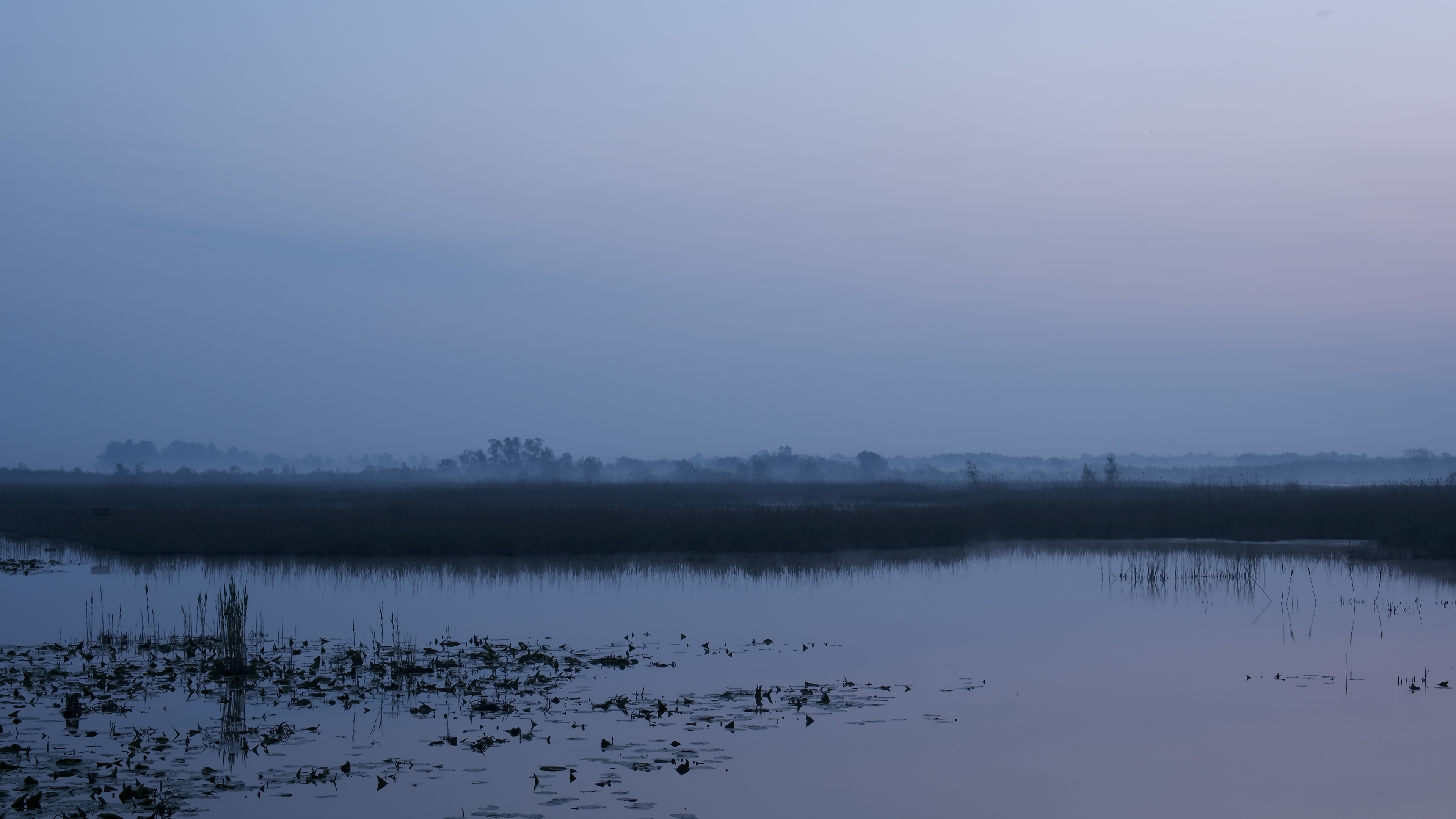MISANTHROPY: THE ISTANBUL OF THE EAGLE
Curator: Yasemin Ülgen
Art Talk: Alen Mevlat, Ali Cindoruk, Aslıhan Demirtaş & Yasemin Ülgen
12.11.2024
Bilsart presents Alen Mevlat, Ali Cindoruk, Aslıhan Demirtaş, Itri Levent Erkol, Erhan Muratoğlu’s Mizantropi: The Istanbul of the Eagle, curated by Yasemin Ülgen, from October 31 to November 14, 2024.
Istanbul, a flow hub. A flow of water, energy, habitats, humans, and migratory soaring birds. This hub is home to one of the rarest raptors of Europe, the Eastern Imperial Eagle Aquila heliaca, an apex predator. Apex predators are seen as indicators of environmental health for all ecosystems, including those lying between the urban and rural settlements where the flow is constant. Where the eagles roam are among the healthiest ecosystems of Istanbul. Eagles avoid humans, they can be considered misanthropes. They prefer to live and nest away from the urban context, which replaces the wild and repopulates it mostly with human species, including its rural hinterlands. When we think of Istanbul, do we ever think of a misanthropic version, such as that which belongs to the eagle? The space of the eagle is unbound. We are born, live, and die with boundaries that are taught to us. We live in a world where the north is up and the south is down. If we had a chance to observe and explore the Earth via an eagle’s eyes; we would be unbound, knowing no political boundaries, knowing no north, no east—just huge water basins, mountains, pastures as far as the eye can see with scattered trees and sheep and cow grazing. This work is about coexistence and the unbinding of Istanbul from the eyes of a misanthrope, the Eastern Imperial Eagle.
The video was produced within the scope of the 29.9 km program organized by birbuçuk as part of the Istanbul Unbound, 2021 conference.
Sound: Fulya Peker, Müzik: Alper Yılmaz
Asisstants: Aylin Kanar, Rumeysa
Click here for the press kit.
ABOUT ALEN MEVLAT
Alen Mevlat has been part of the Slow Food movement since 2013 and works with producers for spreading good, clean and fair food. He lives on an ecological family farm in North Aegean and experiences versatile eco-friendly agricultural production methods. During his works on conservation and rewilding of oak-forests he observed agro-silvo-pastoral systems and its importance for nature conservation. He believes in a nature conservation model that could be possible with local producers and their activities sustaining biodiversity and conservation of species. As of 2024, within the scope of the Anatolivar project, Alen is working on an Olive Atlas that includes Anatolia’s rare olive varieties, monumental olive trees and good, clean, and fair olive producers.”
ABOUT ALİ CİNDORUK
Ali Cindoruk creates horizontally diversified designs, along with key concepts and founding narratives. He practices at Khora Office, a multi-scale and collaborative climate for graphic, product and spatial design as well as research and art projects that move between contexts. Ali collaborates with institutions, projects and brands that work towards expanding the expression and diversity space of entities, often cultural and ecological, such as Lumbardhi Foundation, Anatolivar and Ağustos DH. He is a member of the Grup Grip-in Collective whose interpretative work dealt with concepts such as myth-making, authorship, intertextuality, appropriation. He is a graduate of METU (BID) and Bilkent (MA) Universities.
ABOUT ASLIHAN DEMİRTAŞ
Aslıhan Demirtaş is the founder of KHORA Office, an expanded architectural practice based on research, art and ecology, established first in New York, now based in Istanbul. Her practice is situated on and around the boundaries of disciplines engaged in making and asking, formally manifested as buildings, gardens, installations, research as well as design studios. Aslıhan has an undergraduate degree from METU and a graduate degree from MIT. Prior to establishing her own practice, she worked for Pritzker Laureate I.M. Pei as the lead designer for the Museum of Islamic Arts in Doha, Qatar and the Miho Chapel in Japan. Demirtaş, is a Graham Foundation Grant recipient for her book Graft to be published by SALT which contemplates on the relationship between modernity and nature through hydraulic infrastructures. In 2022, Demirtaş took part in the technical evaluation commission of the 15th Aga Khan Architecture Awards. She is an active member of the Initiative for the Protection of the Historical Yedikule Urban Gardens and is a founding star of Anatopia Coop.
ABOUT ITRİ LEVENT ERKOL
Itri Levent Erkol is a nature conservation expert with over a decade of experience. He has participated in developing and implementing numerous protected area management and species action plans. His experience led him to work with nature-friendly farmers for the sake of human and biodiversity well-being. His primary research interests are ecosystem restoration and rehabilitation, rewilding, agrosilvopastoral systems, landscape ecology, and biocultural heritages.







